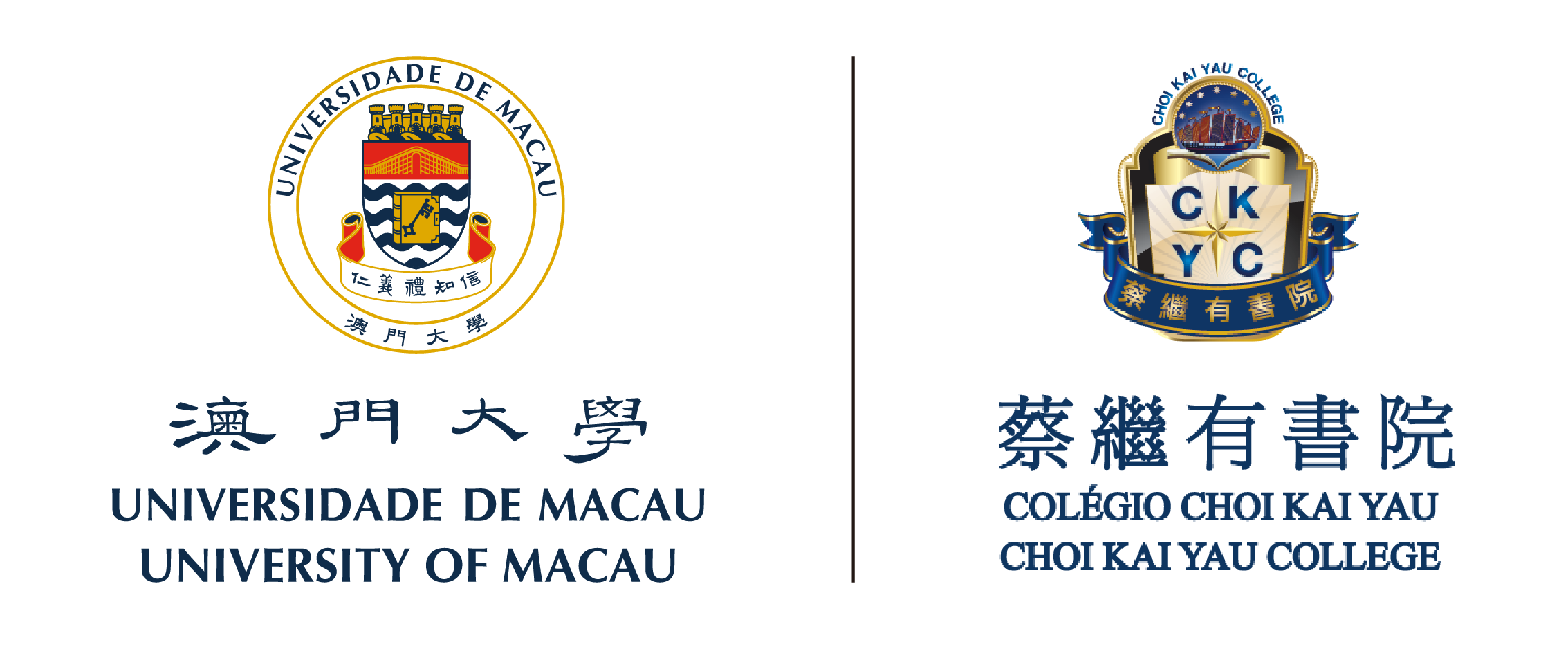From June 6 to 13, 2025, Zhejiang University International Campus, in collaboration with the University of Macau’s Choi Kai Yau College, Ma Man Kei & Lo Pak Sam College, and the University of Hong Kong’s Lap-Chee College, organized an eight-day exchange program under the “Zhejiang-Hong Kong-Macao” University College initiative. The event aimed to strengthen student exchanges among the three regions and foster an in-depth exploration of the unique characteristics of the Yangtze River Delta and the Guangdong-Hong Kong-Macao Greater Bay Area, promoting deeper interaction and cooperation among young scholars.
On June 6, faculty and students from the three universities gathered in Zhejiang, marking the official launch of the program at Zhejiang University International Campus. In the following days, participants were divided into cross-institutional groups to engage in activities centered around different themes, institutional strengths, and educational objectives of their respective colleges. These included forums, lectures, and field visits for research and learning. Zhejiang University arranged visits to key locations in Haining, Hangzhou, and other areas, such as the Zhejiang University International Campus, the State Key Laboratory of Fluid Power and Mechatronic Systems, the former residence of poet Xu Zhimo, West Lake, and the ancient town of Xitang. Through these visits, participants gained a deeper understanding of regional culture and local customs, observed the socio-economic development of the Hangzhou region firsthand, and established a cross-cultural, interdisciplinary academic exchange platform. The series of activities allowed students and faculty to experience the strong innovation-driven environment and industry-academia collaboration in the Yangtze River Delta, appreciate the unique charm of Jiangnan culture, and gain multidimensional insights into career planning and personal growth.
At the first-phase sharing session and closing ceremony on June 10, students from the three universities presented group reports. Student representatives noted that visits to Zhejiang University’s Science and Technology Museum and national key laboratories provided a systematic understanding of the university’s cutting-edge research, future development plans, and core scientific spirit, significantly broadening their academic horizons. Additionally, staying at the International Campus’ residential colleges and participating in high-table dinners allowed them to experience the campus atmosphere and humanistic care of Zhejiang University while forging deep friendships among students and faculty from the three institutions.
On the same day, the program moved to Macao for its second phase. The University of Macau warmly welcomed the Zhejiang University delegation, guiding them through visits to Ma Man Kei & Lo Pak Sam College, the university library, and key research facilities such as the State Key Laboratory of Quality Research in Chinese Medicine and the State Key Laboratory of Internet of Things for Smart City. The delegation also explored off-campus sites, including the Grand Lisboa Palace Resort, the Macau Grand Prix Museum, and the Macau Museum, gaining a multidimensional perspective on the city’s development.
On the afternoon of June 12, faculty and students from the University of Macau’s colleges designed multiple themed exploration routes for the Zhejiang University delegation. Students conducted in-depth visits across Macao, focusing on themes such as nature, economy, history, architecture, and national identity. From museums to historic districts, financial centers to art galleries, participants visited famous landmarks like the Ruins of St. Paul’s and The Venetian, gaining profound insights into Macao’s urban culture and development.
At the second-phase summary session on June 13, students from both universities presented their findings, sharing observations and reflections on the University of Macau and Macao as a whole. Faculty and students from both sides reviewed the highlights of the program and expressed hopes for continued collaboration in youth exchange initiatives. Zhejiang University participants noted that their time in Macao allowed them to experience the city’s rich history, diverse tourism resources, multilingual environment, and unique blend of Chinese and Western cultures.
Through this two-way exchange and academic sharing, faculty and students from the three universities gained a comprehensive understanding of different residential college models, including their educational philosophies, organizational structures, resource allocation, and curriculum systems. The program provided valuable insights for the development of residential colleges across the institutions and laid a solid foundation for advancing higher education collaboration between the Greater Bay Area and the Yangtze River Delta.
Written by:
Tu Lei
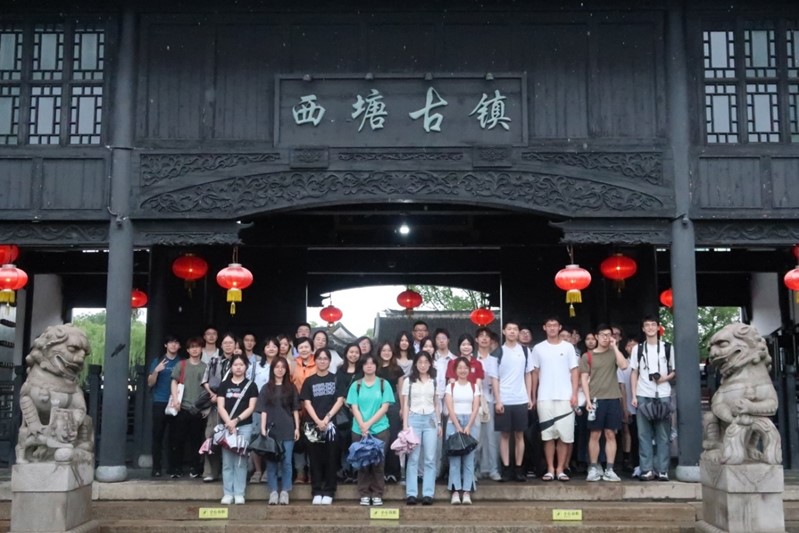
Visit to Xitang Ancient Town

Attending the High Table Dinner in Zhejiang University International Campus
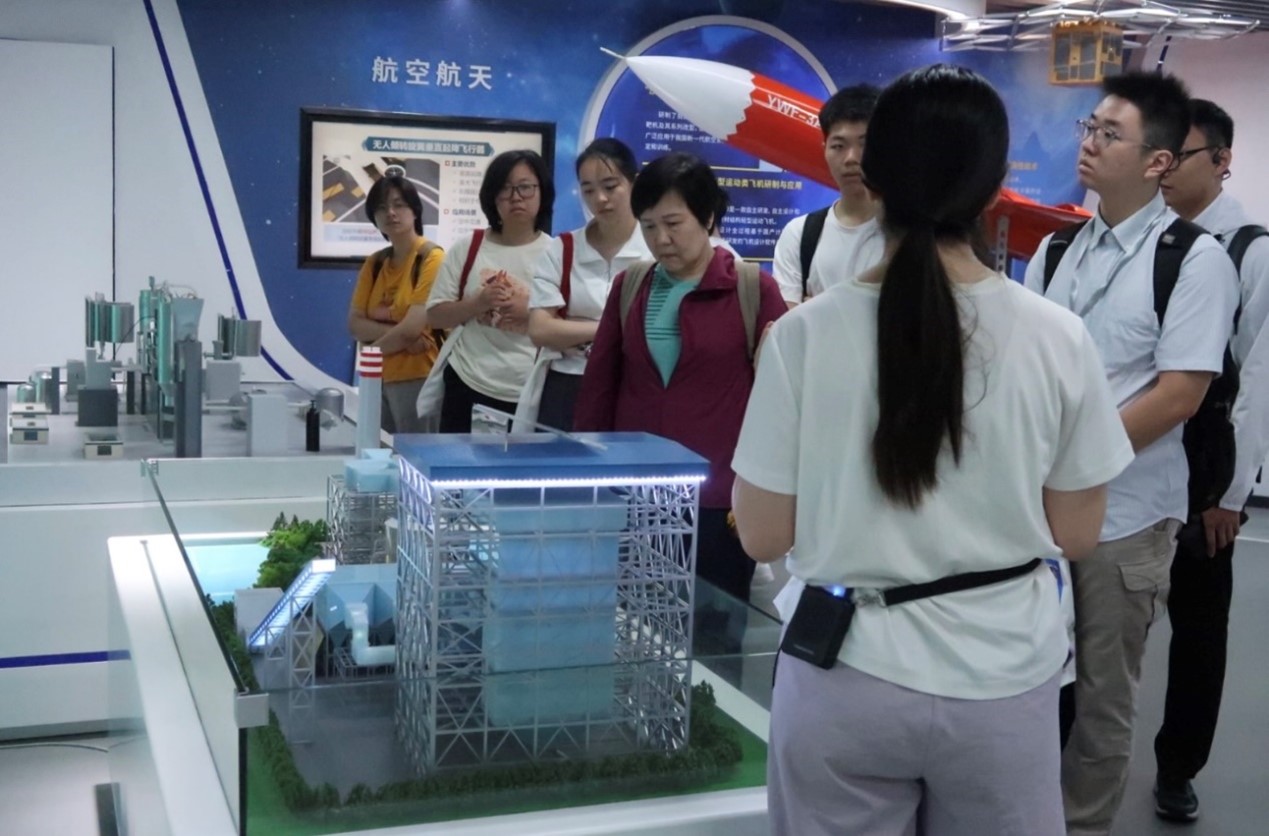
Visit to the State Key Laboratory of Fluid Power and Mechatronic Systems in Zhejiang University
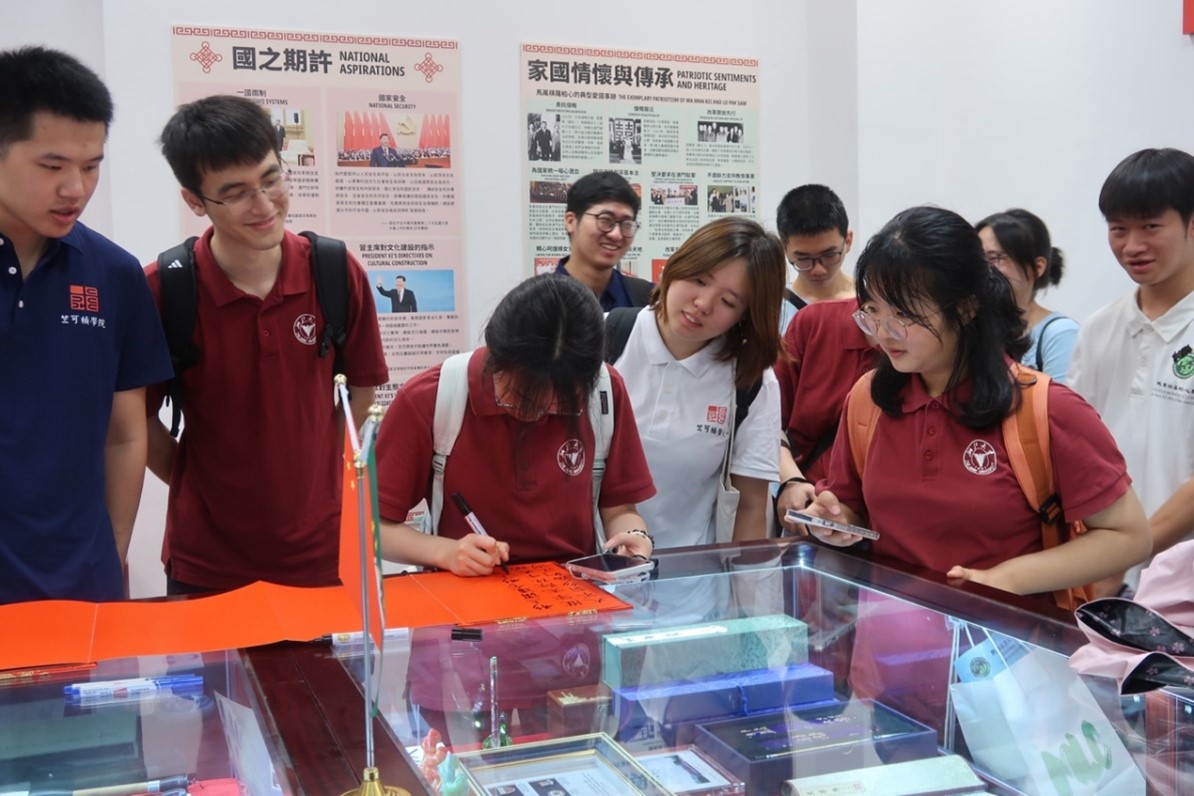
Zhejiang University students’ return visit to the Love Country Love Macau Exhibition Hall of Ma Man Kei and Lo Pak Sam College
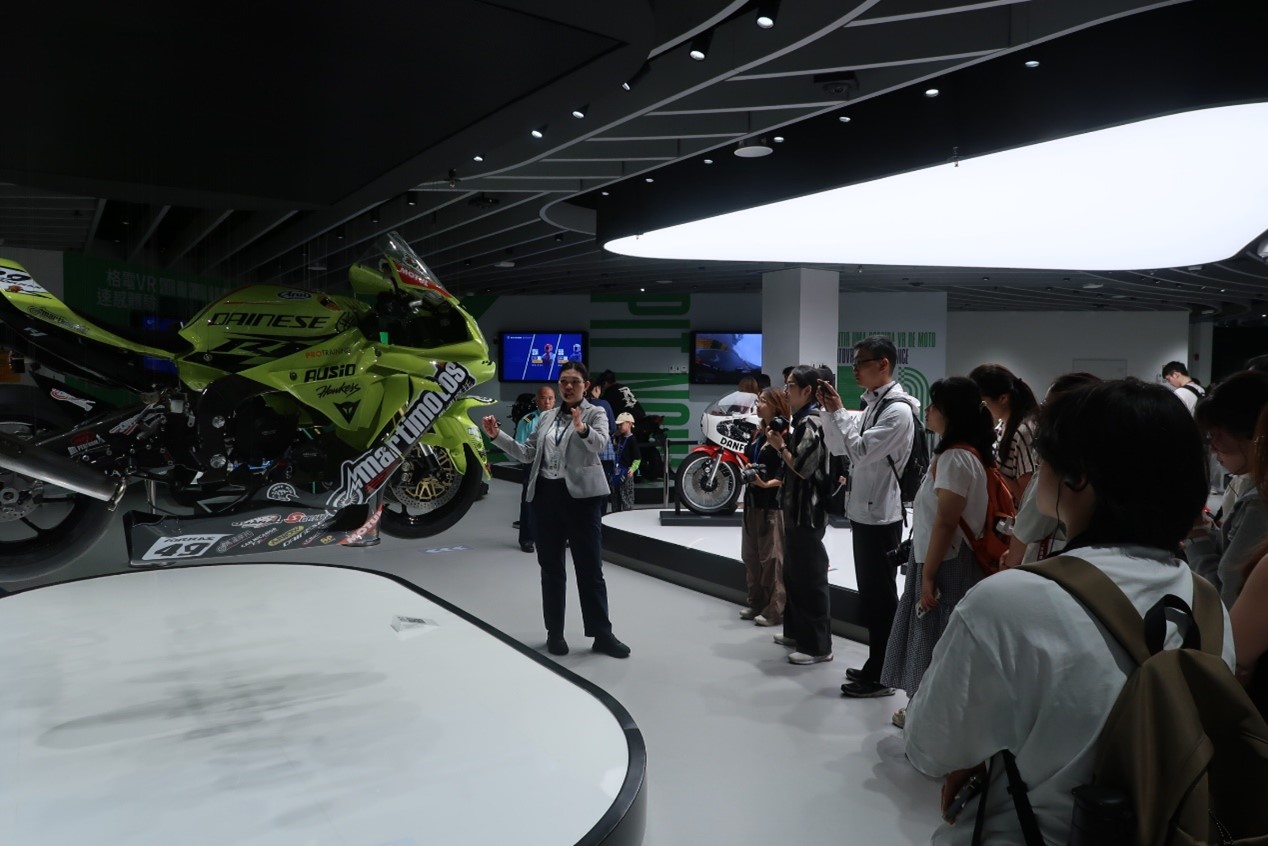
Visit to Macau Grand Prix Museum

Visit to the State Key Laboratory of Quality Research in Chinese Medicine (University of Macau)
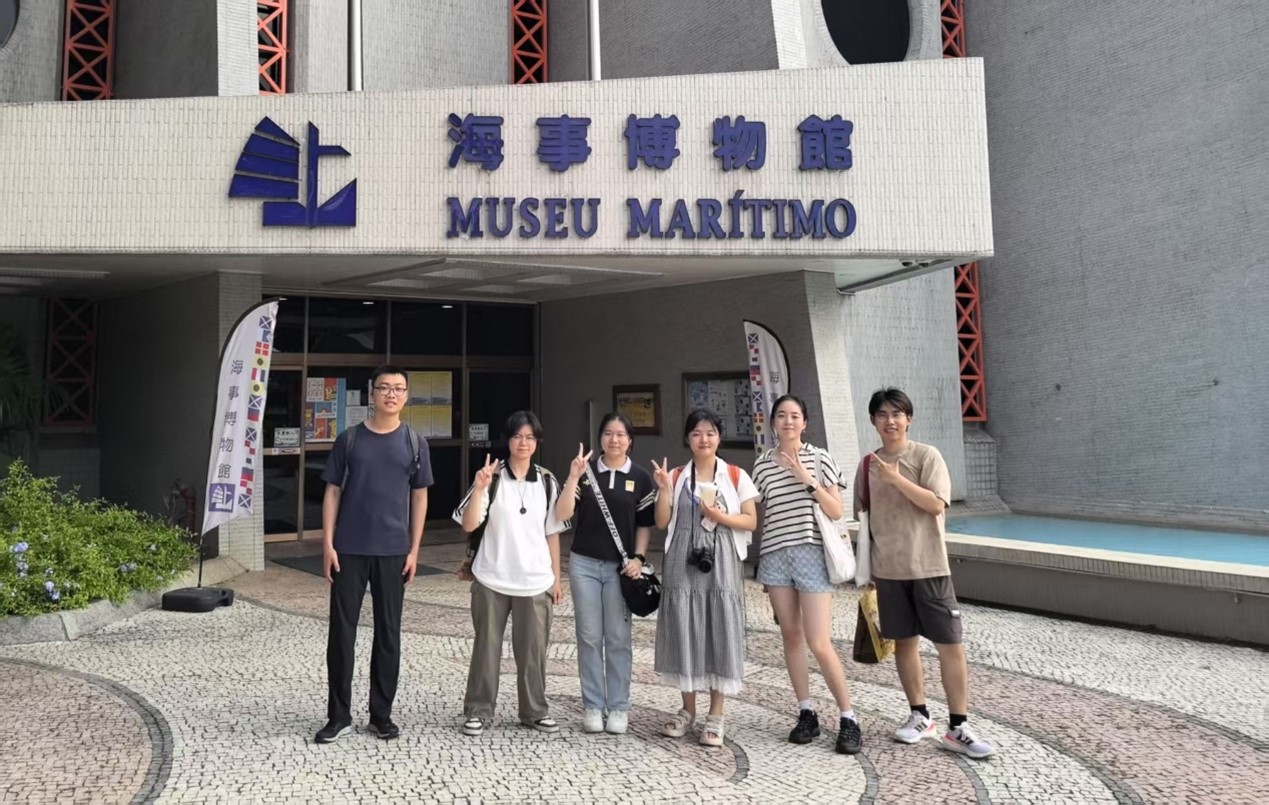
Visit to Maritime Museum

